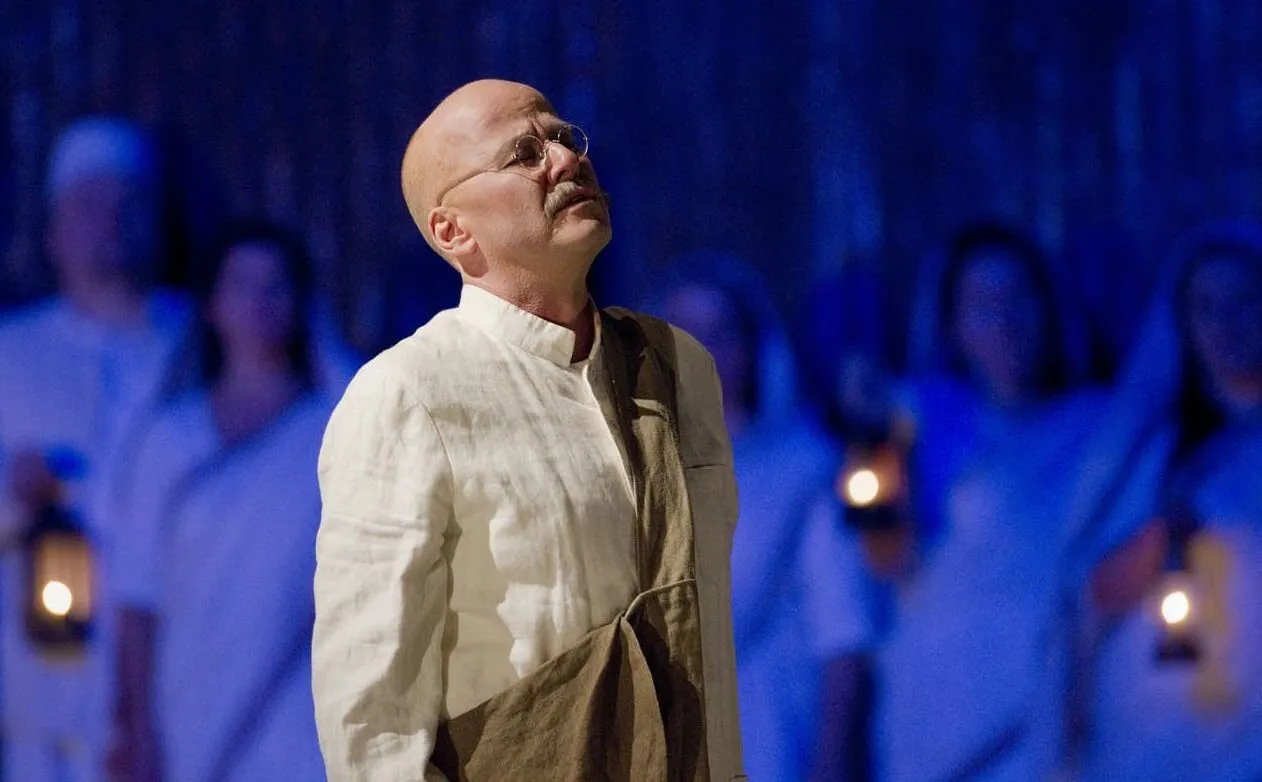The tenor voice is one of the distinctive singing voices in music, often regarded as the voice type that can produce high notes clearly and brightly. In this article, we will explore the tenor voice, from its technical characteristics and classifications to its role in various music genres.
1. Technical Characteristics of the Tenor Voice
The tenor voice is typically defined by its ability to produce sound in high registers, usually from G3 to D5 or higher. Here are some notable technical characteristics:
a. Tone Quality and Range
The tenor voice has a light, bright tone quality and can reach high notes with relative ease. This allows the singer to perform complex musical pieces without losing the fluidity and musicality of their voice.
b. Singing Technique
To achieve a tenor voice, singers need to have proper technique. This includes breath control, correct vocal production, and regular practice. Vocal exercises such as sirens, scales, and arpeggios are essential for improving high-note capability.
c. Differences Between Tenor and Baritone Voices
The tenor voice is often distinguished from the baritone and bass voices. While baritones have the ability to sing in lower registers and typically convey a strong and rich sound, tenors tend to focus on lightness and purity, showcasing a wide range of emotional nuances through high notes.
2. Classification of the Tenor Voice
The tenor voice can be divided into various types based on factors such as vocal range and presentation style. Types of tenor voices include:
a. Lyric Tenor
The lyric tenor is characterized by a sweet, gentle sound and is often used in romantic opera roles. They can express nuanced emotions through high notes without losing the natural quality of their voice.
b. Dramatic Tenor
Dramatic tenors have a broader vocal range and typically perform powerful musical works that demand strength and endurance. They often sing in large operatic productions and concerts, conveying intense emotions through their singing.
c. Countertenor
Countertenors are the rarest type of tenor voice and can sing at pitches similar to those of soprano voices. These singers often perform Baroque and Renaissance works, bringing a unique and distinct sound to the performance.
3. Role of the Tenor Voice in Music
The tenor voice plays a vital role in various music genres, from opera to classical and contemporary music.
a. In Opera
Tenor voices frequently appear in leading roles in operas, ranging from romantic characters to antagonists. Artists like Luciano Pavarotti and Andrea Bocelli have elevated the tenor voice to new heights, showcasing roles that combine technique and emotion beautifully.
b. In Classical Music
Tenor voices are also commonly featured in symphonic works, chamber music, and concert performances. They may appear as soloists in major compositions such as Beethoven’s “Missa Solemnis” or Mozart’s “Requiem.”
c. In Contemporary Music
In pop and rock music, tenor voices also hold significant importance. Singers like Freddie Mercury, Michael Jackson, and Justin Timberlake have demonstrated that tenor voices can create memorable hits that captivate audiences.
4. Challenges and Opportunities
Although the tenor voice has many advantages, it also faces challenges. Artists must continuously practice and refine their techniques to maintain vocal quality and endurance during performances. They also confront the pressure of delivering complex works and competing in the music industry.
5. Training and Developing the Voice
Developing a tenor voice requires dedication and patience. Here are some methods and techniques for practicing tenor singing:
a. Warm-Up
Before practicing, singers should perform warm-up exercises to prepare their voices. These exercises include singing lower notes before transitioning to higher ones and practicing breath control to get ready for singing.
b. Technique Practice
Singers should engage in exercises such as scales, arpeggios, and breath control training. This not only improves vocal ability but also enhances strength and endurance for singing.
c. Choosing Appropriate Repertoire
When selecting pieces to practice, singers should choose works that suit their vocal range. This will help them showcase their abilities without placing undue pressure on their voices.
Conclusion
The tenor voice is one of the unique and rich vocal types in the world of music. With the ability to express high notes clearly and sensitively, the tenor voice not only contributes to the diversity of music but also evokes deep emotions in listeners. Through various genres, the tenor voice continues to evolve and affirm its place in the hearts of audiences and artists alike.


